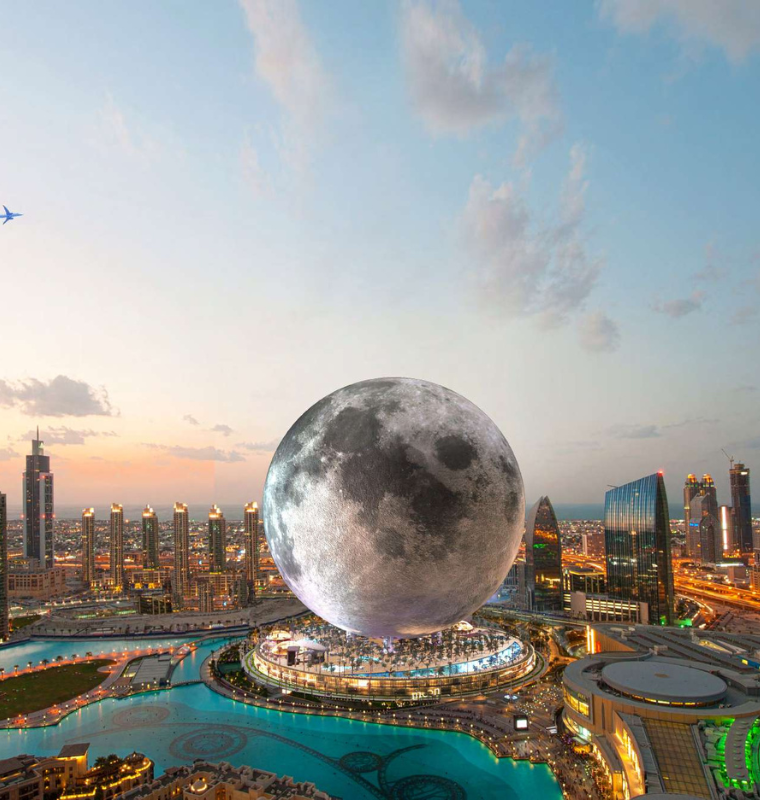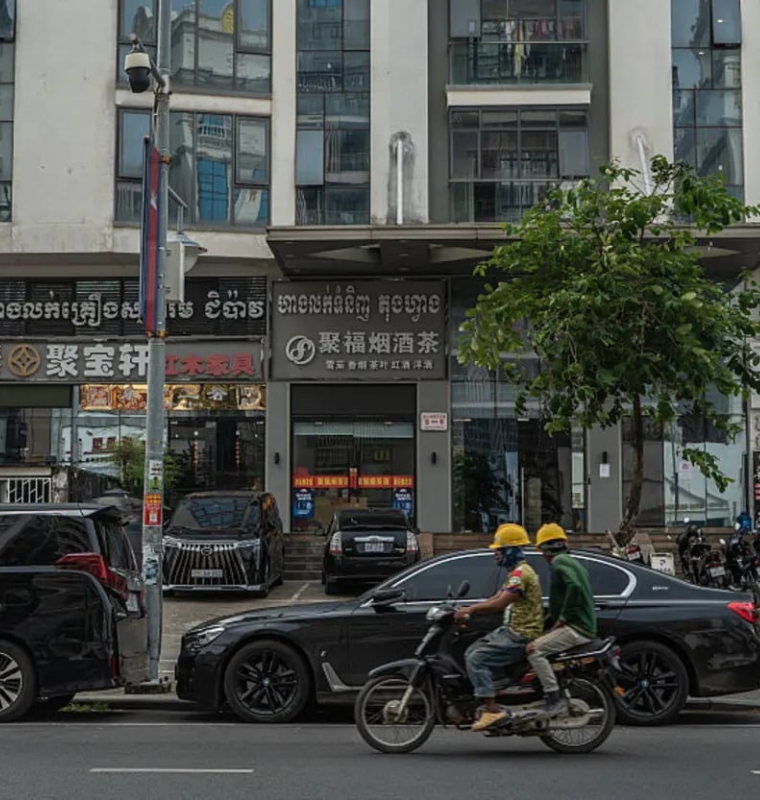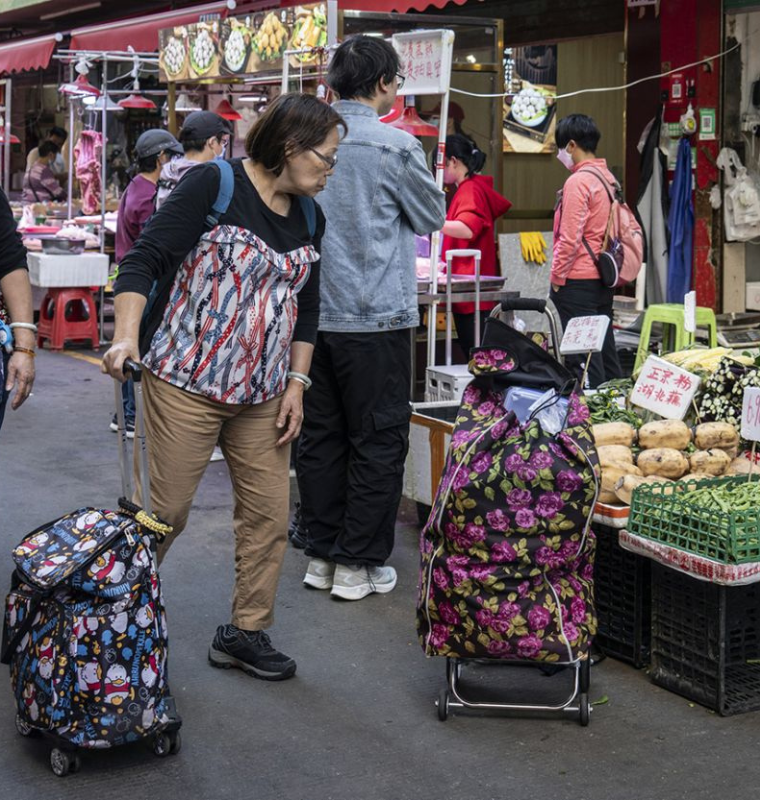Wealthy Investors Are Rushing to Store Physical Gold in Singapore Amid Rising Global Uncertainty
Wealthy Investors Are Rushing to Store Physical Gold in Singapore Amid Rising Global Uncertainty
By
Rachel Steinberg
Last updated:
May 27, 2025
First Published:
August 3, 2025

Photo: Pattaya Mail
Gold Rush to Singapore: The New Safe Haven for Billionaires
In a world increasingly shaped by financial instability, trade volatility, and geopolitical tension, Singapore is rapidly becoming the go-to destination for the ultra-wealthy seeking to safeguard their fortunes in the form of physical gold.
Between January and April 2025, The Reserve, one of Singapore’s most secure private precious metals vaults, witnessed a staggering 88% increase in gold and silver storage orders compared to the same period in 2024. Meanwhile, sales of gold and silver bars at the facility skyrocketed by over 200% year over year, reflecting a strong surge in demand from global high-net-worth individuals.
The Reserve, located just minutes from Singapore’s Changi Airport, is a six-story fortress clad in black onyx and fortified with multi-layered security systems. Behind its reinforced steel doors lie over $1.5 billion worth of gold and silver, stored in thousands of vault boxes stacked across three stories in a chamber built for discretion and defense.
Why Singapore?
“Singapore is increasingly being seen as the 'Geneva of the East,'” said Nicky Shiels, head of metals strategy at MKS Pamp, a global precious metals firm. “It offers a stable political climate, strong rule of law, and neutrality in geopolitical conflicts, which makes it a prime location for wealth preservation.”
The country’s strategic geographic position as a transit and financial hub also boosts its appeal. According to Jeremy Savory, founder of Millionaire Migrant, “Anywhere that is a major transit hub, like Singapore, naturally becomes a logical choice for storing precious metals. You can fly in, pick up your gold, bank, and fly out seamlessly. That’s not something Switzerland or even Dubai can match as effortlessly.”
The Fear Driving the Surge
The demand for offshore storage isn’t just about convenience. It’s about trust—or the lack thereof.
High-net-worth individuals are increasingly spooked by growing tensions in the global economy: U.S.-China trade frictions, the ongoing war in Ukraine, and mounting Middle East unrest have all contributed to global market uncertainty. Add to this the volatility in U.S. politics and the memory of events like the Silicon Valley Bank collapse in 2023, and the rich are looking to hard assets over paper.
"Many investors no longer trust traditional banks in unstable regions," said John Reade, chief market strategist at the World Gold Council. "They prefer non-bank vaulting solutions for their gold to reduce counterparty risk, even in allocated accounts."
Countries like Lebanon, Egypt, and Algeria, where banking systems have either collapsed or remain vulnerable, are seeing their wealthiest citizens move significant volumes of physical gold abroad.
Paper Gold vs. Physical Gold: The Shift in Preference
There’s been a clear pivot from "paper gold" (like ETFs or pooled accounts) to physical gold bars. The rationale? Security, control, and risk mitigation.
Gregor Gregersen, founder of The Reserve, explains: “Our clients want zero exposure to banking risk. They want to know exactly where their gold is, who controls it, and that it’s physically theirs. In today’s environment, that peace of mind is invaluable.”
According to the World Gold Council, demand for physical gold among private investors surged in Q1 2025, reflecting a broader global trend. The spot price of gold recently touched $3,346.32 per ounce, hovering near record highs, with analysts predicting a potential climb to $5,000/oz by 2026 if volatility continues.
Trade-offs and Considerations
Physical gold ownership isn’t without downsides. The transaction costs of buying, transporting, and storing gold are significantly higher than digital or paper alternatives. For short-term investors, that can eat into returns.
“Vaulted gold makes the most sense for long-term asset preservation,” said Reade. “But for those playing short-term market swings, paper gold is still more cost-effective.”
Still, for investors prioritizing security over liquidity, the trade-off is worthwhile.
Global Trend with Local Implications
While Singapore remains the top pick, other jurisdictions like Switzerland and Dubai still attract wealthy clients. However, the bureaucratic complexity and documentation requirements in places like Dubai make Singapore’s streamlined process a winner for those seeking discreet and efficient wealth storage.
As geopolitical risks grow and financial trust erodes, the wealthy are making one thing clear: when it comes to preserving wealth, physical gold stored in Singapore is worth its weight—and then some.
Popular articles
Subscribe to unlock premium content
Defying Gravity in Style

Lunar Dreams Become Reality

Frozen Fantasies Come Alive

Defying Gravity in Style

Lunar Dreams Become Reality

Defying Gravity in Style









